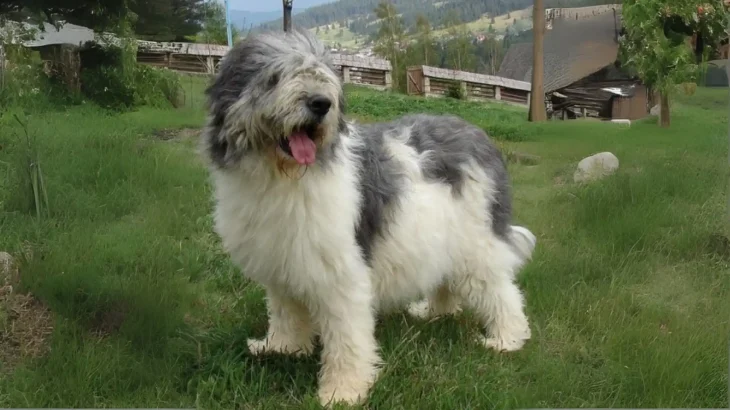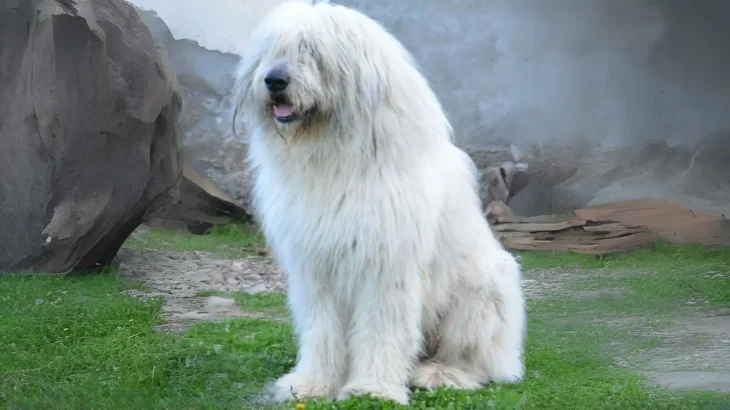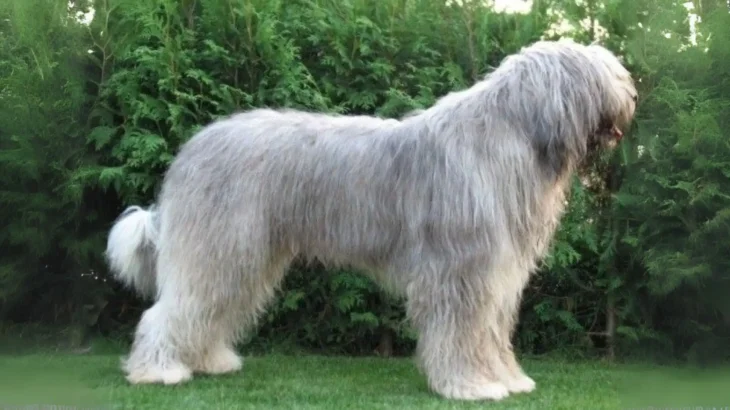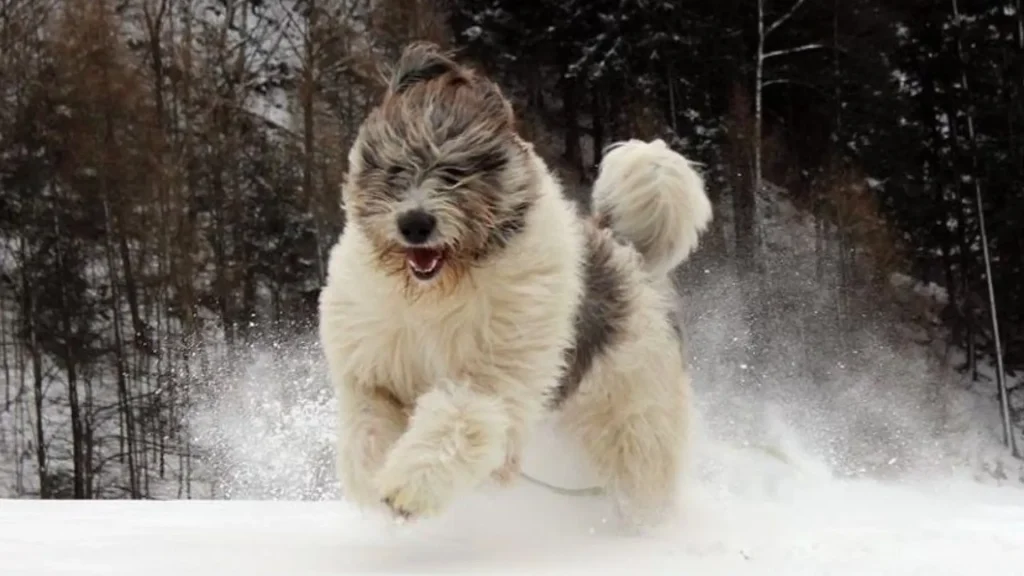Deciding between adopting or purchasing a Mioritic Sheepdog puppy depends largely on your priorities and resources. Purchasing from a breeder typically offers more predictability in health and lineage, while adoption provides a chance to give a home to a dog in need, often at a lower cost. Both paths have unique benefits and considerations to weigh.
Adoption vs. Breeder: Pros & Cons
| Criteria | Buying from Breeder | Adopting from Shelter/Rescue |
|---|---|---|
| Cost | Higher initial cost, reflecting breed purity and care standards. | Lower fees, generally affordable and includes basic medical care. |
| Health History | Provides detailed health, genetic screening, and vaccination records. | Health background may be uncertain but basic checks typically done. |
| Age Availability | Puppies mainly available, allowing early training and bonding. | Varied ages including adults, fits different lifestyle needs. |
| Temperament Insight | Breeders can share info on lineage temperament tendencies. | Temperament observed but background can be unknown or mixed. |
| Supporting Practices | Supports breeding programs preserving breed traits. | Supports animal welfare and reduces shelter overcrowding. |
| Ethical Considerations | Choose responsible breeders to avoid puppy mills. | Rescue promotes giving dogs a second chance and reduces homeless pets. |




















































